It almost couldn't get any newer. Sharia's L.A.W (Little Asian Women) was performed at the Blue Man café in Brighton while we were there for the Fringe, and it was billed as a work-in-progress. It was still being written on her train down to Brighton just hours before the show. She was also performing her acclaimed show Immigrant Diaries which is a mix of comedy and storytelling from immigrant performers. Last year at the Edinburgh Fringe, she performed Shallow Halal, as well as, Immigrant Diaries which explores the identity crises that come with being an immigrant from Pakistan.
L.A.W. was born after Edinburgh Fringe 2015. The day she got back, her grandaunt died. Assessing the vast influence her grandaunt had on her led to a show that explores the strength of Asian women. She helps to break down the stereotype that they are meek, timid, and subservient.
After the show, I sat down with Sajeela to talk about the process for showing a work-in-progress, and the motivations that are required to create a successful show. You have an idea and you put bits together. Then what? Brighton isn't the first place L.A.W. has been performed. She'd previously tried it out in Leicester. 'In Leicester I was not as ill,' she tells me. A couple of months ago Sajeela had two falls and is currently walking with a crutch as well as suffering with some more health issues. 'So I thought I made a lot of progress, then today was like "urghhh"! But then, I had a full room, and when you have a full room, with the laughter, the ego of the comic kind of goes: "get the laughs!"'
'But then, I do more storytelling now in my shows – and when I'm in the storytelling I don't mind that there's no laughter there. I'm okay with that. But sometimes it's like: "S***! That was supposed to be a joke, you're supposed to laugh at that one!" It's a weird process. Because with storytelling I want them to engage; I want that intent, but with the stand up, I want the bam-bam-bam'.
Sajeela laughs herself. I realise it must be harder to gauge a reaction with storytelling, because there's less of an outward reaction. Especially with a work-in-progress when the feedback hasn't started flooding in yet.
'Yeah with the storytelling that I do - like with Immigrant Diaries - I have the story, and then I'll put the jokes in. With the comedy, I don't like those crowbarred-in jokes. Like when someone's saying something interesting and then they've crowbarred jokes in. I know that sounds daft but I think after ten years in the industry, it's like "I wish you hadn't done that", because within that hour's show you need the narrative, you need the story arc.'
Sajeela's personal experiences are the main motivation for her shows. They're entirely populated by stories and gags about her childhood and her relationships among other things. She uses comedy to cope with her most difficult issues like with Regret-Me-Nots back in 2012.
'Everybody who does Edinburgh [Fringe] has to finally do a dead parent story,' she tells me straight-faced, 'it's like a comedian's in-joke: "You've got your dead dad show then?". I didn't know that, I just had issues around my dad and that year, when I did [ Regret-Me-Nots], I wanted to take the audience on a journey, to make them laugh because that's how I dealt with it. You know, I deal with things with humour because I've got to stay positive. I wanted to say: "Look, this thing defines me, these 'daddy issues' that I have, they make me who I am." And using humour, I was really laying my soul bare and so there is this sad moment.'
#Brighton be part of journey of writing a new show #ShariasLAW celebrating kick as women @bluemanbrighton May 21/22 https://t.co/LISb0wF2rV
— SAJEELA KERSHI (@SajeelaKershi) May 13, 2016
Sajeela was keen for feedback in the show I attended. In order to involve the audience in the creative process of building her show, she asked us what makes the strong females in our lives strong. The theme of positivity arose.
'These are just thoughts and ideas,' she says to me later, 'so tonight I'll go home and write about the positive thing I liked, I picked that up. But my gut instinct is – and I don't know how I'm going to do it – that I want to include it.'
In L.A.W., Sajeela wants to address women in the Middle East who, as part of the so-called Islamic State (who Sajeela believes we should call 'Daesh'), are beheaded when they speak out.
'Maybe I won't go messing with that dark story that I told,' she considers, 'maybe I'll go with a different version but I just wanted to raise awareness of the beheading stuff. But then I might discard it…and that's why it's such an excruciating thing for me personally, because I want to say what I want to say, and get it right and not have holes in it.'
I wanted to get, in her own words, what she is trying to accomplish with Sharia's L.A.W. To what end she is creating this piece of work which is different to her others? 'It's really interesting,' she tells me. 'When you start a show, you have a starting point and you think: "This is what the show's about". Then when you get to the end of it you go: "Oh, well I didn't see that coming". Like with [Shallow Halal], I thought that show was about attacking aspects of faith that I hate, but it actually ended up being a really inclusive, loving show. I was like: "Wow! Blow me down with a feather, I didn't think it was going to go that way". And [Regret-Me-Nots] that was a show about regrets and my friend she said: "Do you know your biggest regret? It's about your dad". And I just burst into tears and it was just a small, tiny bit in the show and then that became the meat of the show.'
As a rare British-Asian, female comedian, there are a lot of stereotypes that have been ascribed to Sajeela. But, she has come into her own with her routines, by showing people that Asian women are far stronger and far more complex than the many clichés that are bandied around.
'Even collectively, in the ethnic quota down there [in the L.A.W. audience], everyone said the women were stronger,' she says. 'So what does that tell you immediately? Everything I want to do is getting rid of those stereotypes – I hate, HATE the stereotypes. In Immigrant Diaries, we utilise them because we're reclaiming them. But yeah I don't know exactly where [L.A.W.] will go but I want it to be a celebration of the women we don't hear about.'
One of the reasons Sajeela's grandaunt was such a stalwart of strong women was because, not only did she not marry, a taboo move even today in Asian countries, but when she moved to Essex, she converted her xenophobic neighbours in Essex to accept who she was. It sounded as if Sajeela herself felt a duty to make her own detractors more open-minded.
'Yeah! For Immigrant Diaries, I always say, I don't necessarily want the people converted. I want those who sit on the immigration debate, who hate [immigrants], to meet with them. I know that sounds daft but it's good because of the fact they've chosen the show. And I do think comedy can change stuff and I do think, in the early days, I always had this stuff in my head but I don't think I was experienced enough,' she discusses with herself, 'I've got this thing in my head, I want to portray that for this reason. How do I make that funny and entertaining?'
Sajeela was once told by a middle-class, White woman that, as an Asian woman, she is oppressed. When she rebutted that she wasn't, she was told that she didn't realise how oppressed she was. 'You know that comment from that comic: "You are oppressed and you don't even know it" – it's like, your white, feminist privilege, how dare you include me in this? You know, I'm a feminist, but you don't include me in that and you also completely alienate and exclude the brown, Asian sisters, the Middle East[ern], the Black. You're dismissing their experiences as being so formulaic. Seriously, if you had to go through half the s*** that these women had to go through, you wouldn't, because you're [in such] a privileged position. You can talk all the talk, you can give it all that s***, but we don't have a level playing field here. You could never live the life of one of these women because it would be too f***ing hard for you.
Feminism, culture, religion and upbringing are the cornerstones of her comedy. I wondered whether it was always apparent to her that this would all be good for comedy, or was it an afterthought?
'The humour has always been there,' she confirms. 'When my dad died and we had all these people [I'd never even met] coming over, it's a grieving process because they come, it makes you cry. The thing is, you can't cry on demand, right? So me and my sister, we took it in turns. It was terrible, it was the worst time of my life and we'd be there and be giving out samosas, giving out tea and I'd say 'Look, it's your turn' and she's go 'I can't do it, I've got nothing' and I'd go 'Oh for God's sake, I have to do everything!' so I'd go back in and be like 'Bohat afsos hai' (an Urdu/Hindi saying to express despair) and I'd try really hard to get the tears out. I'm such a fake so my sister starts giggling but she's pretending that she's crying! Which, if I tell someone who's not a comedian, they'd think you're evil, you're hell personified but it's just the dark humour which I think is prevalent in Asian cultures.'
In L.A.W., she revealed the levels of hatred that she receives online for addressing provocative issues. 'Oh God I'm so used to it.' She tells me when I asked how difficult it is. 'No no, that sounds really cocky. My big break into comedy was I was in Brendon Burns's Perrier-winning show (So I Suppose This Is Offensive Now? won the UK's top comedy award back in 2007). It's comedy history now but, basically, I played the outraged person in the audience, I was the 'plant'.' In comedy and theatre a 'plant' is a character who is planted in the audience and plays an audience member.
'So Brendan's show was one of those things…it [wanted] someone from a Middle East background to deal with issues to do with racism and bigotry - it was right up my street so I lied. I said I was Middle Eastern. I then signed off the DVD [release of Burns's show] and that went viral and I had never had so many death threats, hatred, because they don't know that I'm a plant, they're going to take this out of context and I don't know much about the internet at this point. So I got really depressed. I went to a really dark place. At the end of the show they'd all be angry but then we do the reveal everyone's like: "Oh that's amazing [claps]" and you get the applause and the standing ovations. And then online, everyone's just attacking, attacking, attacking.'
I asked, quite simply, how do you come back from that? 'Well this is the thing.' She braces us both, 'I got my 'brownie' card from that experience because it really toughened me up. So when I see anything now, I'm just like: "Whatever. Is that the best you've got?" It really is like water off a duck's back. And sometimes I'm having a boring day, I might have a little "So what exactly did you mean by that?" and just have a little engagement with them!'
Last year, Sajeela she won an Asian Women of Achievement award. The AWA award is for British women of Asian descent who have made drastic progress. Sajeela won the Arts and Culture award. It was here that she realised there's a strong thread running throughout her work.
'When I did the Asian Women of Achievement award last year they made me write down all my [performances to date] and it was then I thought "Oh my God, there is a theme all the way through, since my uni days, this is the stuff that's excited me, been getting me going, this is the stuff that I want to talk about."'
- Sharia's L.A.W. (Little Asian Women) will not be reach the Edinburgh Fringe until August 2017. Shallow Halal and Immigrant Diaries are the main fixtures in Sajeela's work at the moment.

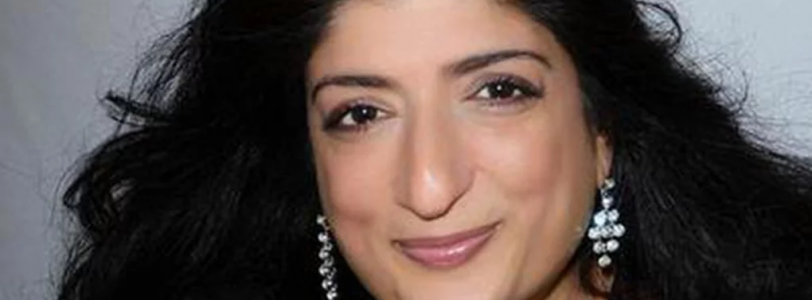
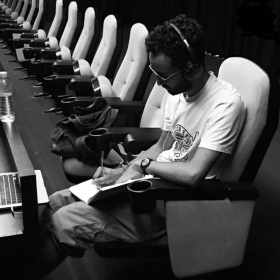
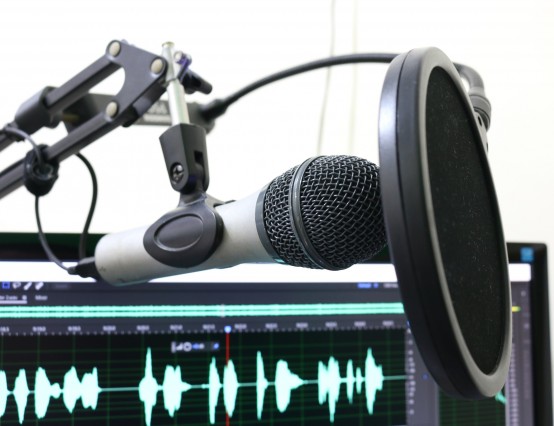
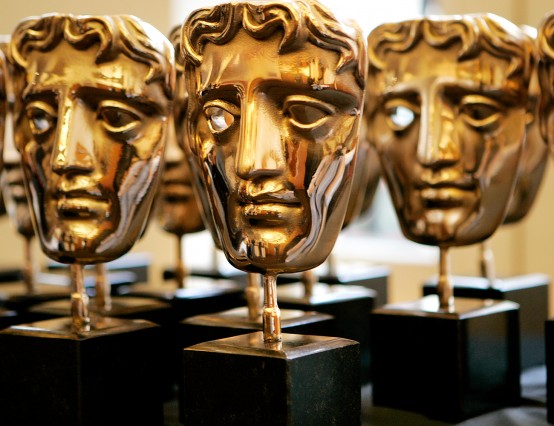
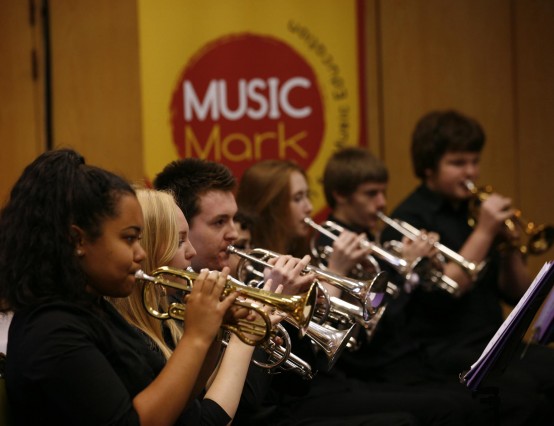



0 Comments